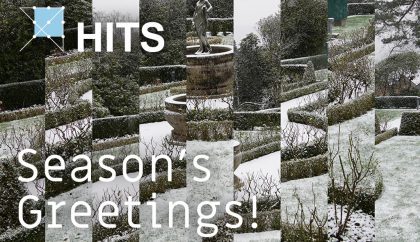
Season’s Greetings
While many of our international students have returned home to their families abroad, other HITSters are staying to celebrate the festive …
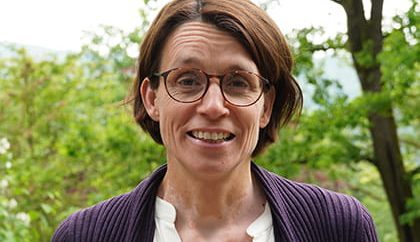
Frauke Gräter: “I will miss HITS.”
After fifteen years at HITS, group leader Frauke Gräter will leave the institute at the end of the year. As …
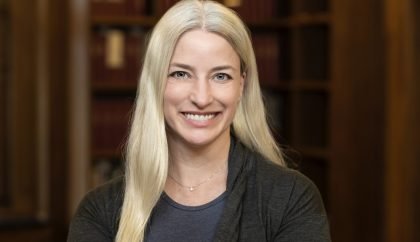
Victoria Stodden to receive Humboldt Research Award
Victoria Stodden, statistician and associate professor at the Daniel J. Epstein Department of Industrial and Systems Engineering at the University of …
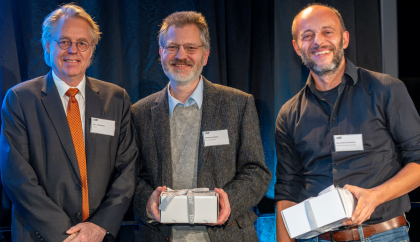
Honors for HITS group leaders at the KIT “Ehrenabend“
At the “Ehrenabend des Präsidenten” (“Honorary Evening of the President”) in late November, the leadership of the Karlsruhe Institute of …
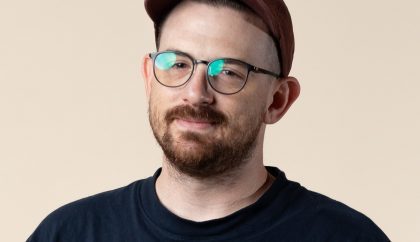
Jackson Ryan to be “Journalist in Residence” at HITS
The Heidelberg Institute for Theoretical Studies gives science journalists the opportunity to deepen their knowledge of computer-based, data-driven science with a …
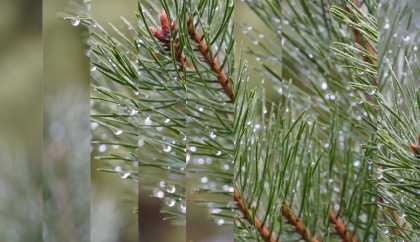
Issue 4 | 2024
You live and learn. This is why we attended one of the largest conferences for German science journalism (Wissenswerte). Not only …
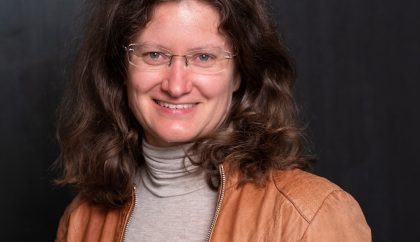
Felicitas Mokler – Journalist in Residence 2024
German science journalist and author Felicitas Mokler was the 12th “Journalist in Residence” at the Heidelberg Institute for Theoretical Studies (HITS). …
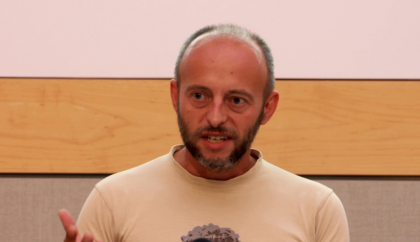
Biodiversity research and Phylogenetic trees: “Highly Cited Researcher“ at HITS
For nine years running, computer scientist Alexandros Stamatakis from the Heidelberg Institute for Theoretical Studies (HITS) has been identified as one …
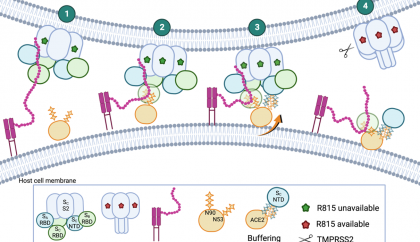
Polysaccharides on Cells: Accomplices in SARS-CoV-2 infection
An international team of scientists in Germany and Italy have published new findings on how specific polysaccharides act as accomplices in …

GFKIT: Memoization for faster computations on genealogical forests
The field of population genetics attempts to advance our understanding of evolutionary processes. It has applications, for example, in medical research, …